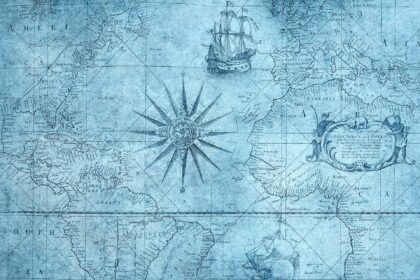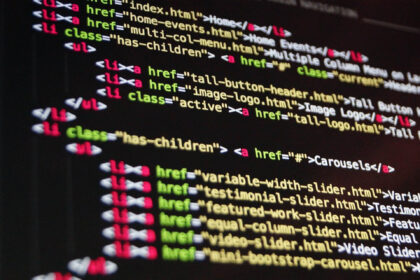A discussion about this topic naturally centers around how much to save and what to save. It is a fundamental question when we are presented with so much data that can be saved. But the question is how do we save what is valuable while considering labor, money, time, the environment, and sustainability into the future? Also, who decides what will be valuable in the future and how much of it they will need to have?
It seems difficult to try to make statements about what ‘the world’ should do with digital preservation because every organization has a different situation. We tend to think about what the big organizations are doing — maybe they can try to save everything, that’s great. But, there are so many smaller organizations and people out there with interesting collections that don’t have the money or knowledge to do this at all.
I think it is important that people and groups that want to digitize and/or preserve digital records should start at the very beginning and plan it all out very carefully. Groups like the National Digital Stewardship Alliance and the Canadian Heritage Information Network have a lot of resources for making a well thought-out plan. You have to think about what is most important or urgent and then let the other things fall into place. Retention schedules and decision trees are helpful in separating out types of information, deciding on priority, and how long the records should be saved. If people really think things out first, I don’t think they will be quite as intimidated by the amount of work.
Being intimidated by the amount of work involved in digitizing and digital preservation can’t be underestimated though, even for the smallest jobs. Breaking it up into smaller chunks can at least give some feeling of security that the most important items are being digitized first. What to prioritize is a decision that the owner of the collection has to make. I think the items that are at the most risk of degradation should be first, followed by items that would be of most interest to the public.
If all cultural heritage groups are digitizing their most important and fragile documents and putting them online, the next problem is how long they will be accessible. This is a problem since the information won’t be useful if it falls off the internet or can’t be found. As far as I know, we don’t have a giant clearing house of digital storage where anyone can store digital records of historical importance for free and they can all be found in one place forever. It is up to each owner of a collection to keep the information up-to-date and accessible and that is not something everyone can do for reasons and time, money and skills. Aggregator websites like the Digital Public Library of America are a start to having a nationally accessible collection but they don’t host the content, they just help find it. Even if we did have some sort of national database it would be a massive job to decide what to accept, not have duplicates, do quality assurance, etc.
Where does the government come into these decisions about what should be saved for the public good, history or future research? There are requirements for data and research to be preserved online for publicly funded projects but that doesn’t mean the government hosts it. The government has decided to archive some private company content (e.g. Twitter and the Library of Congress, which failed). When does a collection become so important or large that it would be in the public interest for the government or a wealthy non-profit to take over the hosting and preservation of it even if it belongs to a private company or private individuals?
I realize that I have been talking about cultural heritage records that would be of interest to the general public and that there are many more types of data that are useful to other disciplines or people, like personal collections, emails, financial records, pop culture, weather, the list could go on forever… I think these issues will be resolved in time with capabilities for smaller storage devices or a new outlook on what we really need to be saving. It might just take a while for us (the world) to be able to step back and look at it outside of the current frenzy.




